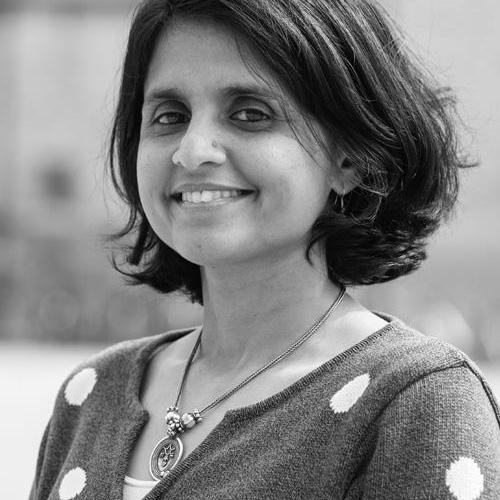About
Ashley is an economist working on climate, cash transfers and labour markets. She currently works in the World Bank's Climate Change and Disaster Risk Management Unit for the South Asia Region as a Young Professional, and previously led a research agenda on anticipatory action for the UN Office for the Coordination of Humanitarian Affairs (OCHA) in New York and consulted for the Centre for Disaster Protection.
Ashley completed my PhD in Economics at the University of Oxford in 2022. She remains affiliated with the University of Oxford's Centre for the Study of African Economies (CSAE) and the Mind & Behaviour Research Group.
Contact
Email: ashley.pople@economics.ox.ac.uk
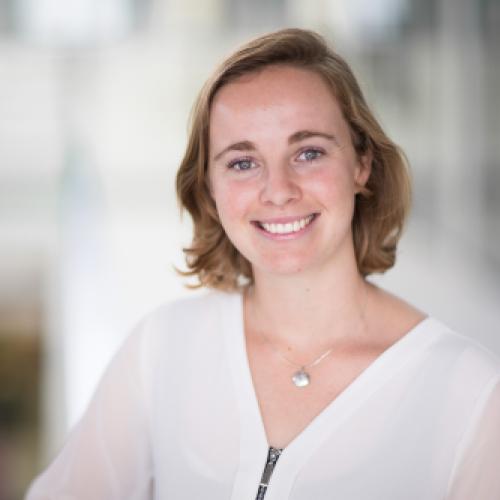
Jennifer Opare-Kumi’s research and policy interests are geared towards generating evidence and connecting with policy makers to interpret relevant evidence and improve their decision making.
Jennifer is a DPhil student at the Blavatnik School of Government. Her research focuses on ways to improve education and mental health outcomes for young people in the Global South through government and non-governmental interventions and policies. Prior to Oxford, she worked as a Research Manager and Program Manager at Youth Impact (formerly Young 1ove), spearheading the national scale-up of Teaching at the Right Level in Botswana. She has also worked with the UN Migration Agency (IOM), the UN Refugee Agency (UNHCR) and the World Health Organisation (WHO).
She holds a BA in international relations from the University of Pretoria, South Africa and a Masters in Health Economics from the University of Queensland, Australia.
jennifer.opare-kumi@exeter.ox.ac.uk
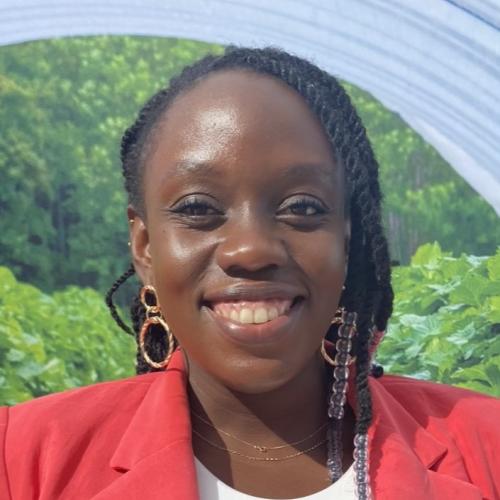
About
Dr Christian Johannes Meyer is the Director of the Oxford Martin Programme on the Future of Development at the University of Oxford. At the University, he is also affiliated with the Centre for the Study of African Economies (CSAE) and the Mind & Behaviour Research Group.
Christian’s research interest lies at the intersection of development, labour, and behavioral economics. Most of his work uses laboratory and field experiments in close cooperation with partner organizations, combined with original data collection.
Before joining the Oxford Martin School, Christian was a Postdoctoral Prize Research Fellow at Nuffield College and the Department of Economics at the University of Oxford. Prior to joining the University, Christian worked with the World Bank, the Center for Global Development, and the United Nations Conference on Trade and Development. He holds a PhD in Economics from the European University Institute.
Contact
Email: christian.meyer@oxfordmartin.ox.ac.uk
Click here for personal website.
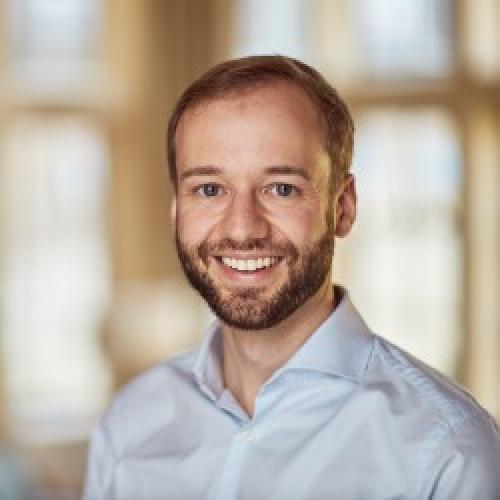
About
Abigail is an Associate Professor and Senior Research Fellow in Economics at the University of Oxford, and a Research Fellow at the Institute for Fiscal Studies and Center for Economic Performance. Her research sits within Applied Microeconomics, often focused on the econometrics of consumer and family choice. Abigail's current research concerns the identification and estimation of consumer preferences when a) not all options are available (consideration set models; inattention); b) individuals have a ‘preference for flexibility’ (menu choice; decision making under ambiguity).
Contact
Email: abi.adams@economics.ox.ac.uk
Click here for personal website

About
Helena is the Innovation and Business Partnership Manager for the Social Sciences Division at the University of Oxford. Her primary role is to support academics across the Division to build mutually beneficial engagements with industry partners and explore innovative ways of enhancing the impact of their research. She also manages the Business Engagement Seed Fund and develop training resources to support academics, students and professional services teams with business partnerships and innovation activities.
Helena was a Research Coordinator focusing on Global Adolescent Mental Health at the University of Oxford. She was part of the Accelerating Achievement for Africa’s Adolescent Hub. The Hub is a partnership between international organisations, African governments, and African and UK universities, and is funded by the UK Research and Innovations Global Challenges Research Fund (GCRF). She was also responsible for coordinating Safeguarding implementation across the Hub.
Helena holds an MSc in Psychology from the University of Surrey (2018) and a BA (Hons) in Anthropology from the University of Cambridge (2012). Previously, she has worked as a Project Manager in the Communications industry across advertising, psychology based organisational transformation, and internal communications consultancy, and as an Assistant Psychologist for NHS Child and Adolescent Mental Health Services (CAMHS).
Contact
helena.channon-wells@socsci.ox.ac.uk
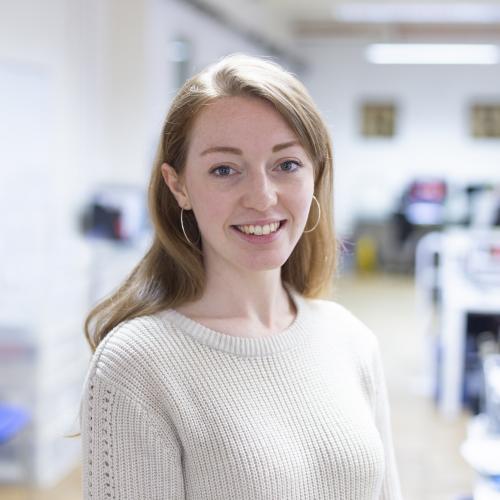
About
Noam Angrist is the Academic Director of the What Works Hub for Global Education. His interests focus on bridging the gap between evidence on 'what works' to enable young people to thrive and translation into scaled intervention and policy.
Noam has published in leading academic journals including Nature, Nature Human Behaviour, and the Journal of Economic Perspectives. In addition, he has published across disciplines, including education, economics, public health, and the natural sciences. His research includes primary research on programme and policy effectiveness via randomised trials and natural experiments, building global databases and public goods, and synthesising evidence to inform policy.
He has consulted for the World Bank Chief Economist, FCDO's Chief Economist, and led key aspects of the development of the World Bank Human Capital Index education pillar. This includes the development of Harmonized Learning Outcomes and a new global measure of education, Learning-Adjusted Years of Schooling, which has been adopted as an indicator by the World Bank, FCDO and USAID to track education systems at the country level.
Noam led the development of UNICEF's evidence menu for the Foundational Literacy and Numeracy Hub (FLN) hub in partnership with the Abdul Latif Jameel Poverty Action Lab (J-PAL). He also led the academic research underpinning the inaugural report of the Global Education Evidence Advisory Panel, which reviewed over 150 impact evaluations in education and provided timely recommendations on cost-effective 'smart buys' to improve learning outcomes in low- and middle-income countries.
He is the co-founder of Youth Impact, one of the largest NGOs dedicated to scaling-up health and education programmes backed by rigorous randomised trial evidence. Headquartered in Botswana, the organisation has scaled evidence-based programmes to over 100,000 youth across ten countries.
Youth Impact has pioneered the use of A/B testing in the social sector to optimise evidence-based programmes on the path to scale, conducting 25 rapid randomised trials in just 36 months, in addition to conducting multiple large-scale randomised trials in partnership with J-PAL and the World Bank. The organisation has solidified multi-year partnerships with UNICEF, USAID, and the Brookings Institution and signed an MOU with the Botswana government to scale-up evidence-based programmes nationally.
During Covid-19, Youth Impact produced the world's first evidence on distance education, published in Nature Human Behaviour, and has since re-tested and scaled the programme in five additional countries (India, Kenya, Nepal, Uganda, and the Philippines) with governments, NGOs, and multilateral partners within 18 months. These efforts represent some of the largest, fastest, multi-country evidence bases ever generated in education.
Noam has a B.S. in Mathematics and Economics from the Massachusetts Institute of Technology (MIT) and a PhD (DPhil) from the Blavatnik School of Government, University of Oxford. Angrist was a Fulbright and Rhodes scholar, and his work has been recognised by Forbes, the Skoll World Forum, and the World Economic Forum.
Contact
Email: noam.angrist@bsg.ox.ac.uk
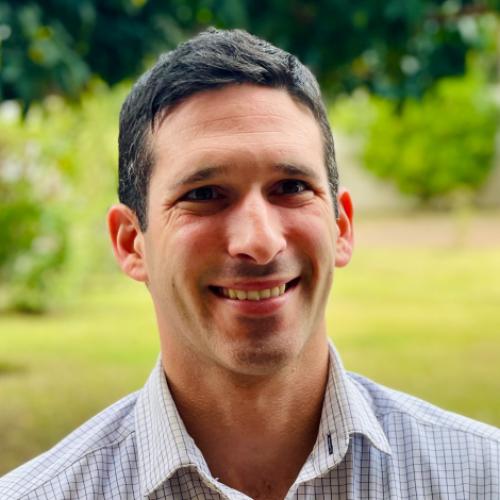
About
Simon is a researcher working at the intersection of labour economics and development economics, with a particular interest in the role of firms and other organisations.
He is an Associate Professor at the Department of Economics & Public Policy at the Imperial College Business School.
Contact
Email: simon.quinn@imperial.ac.uk
Click here for personal website
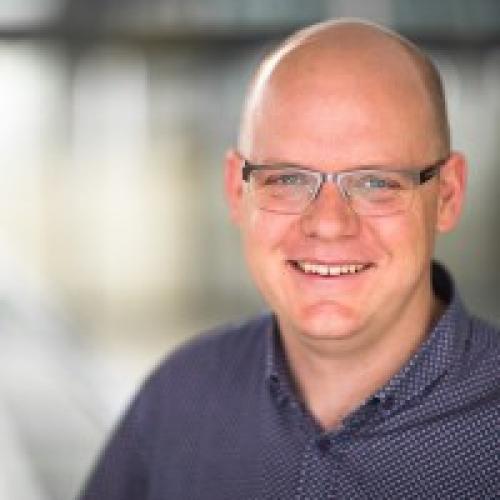
About
Claire is the Head of Research and Innovation at Youth Impact, a Botswana-headquartered organisation committed to scaling up evidence-based programs to youth. Previously, she was a Postdoctoral Research Fellow in Development Economics at the University of Oxford’s Blavatnik School of Government and Centre for the Study of African Economies. Claire was also a consultant at the World Bank's Africa Gender Innovation Lab and am an affiliate of Oxford’s Mind and Behaviour Research Group.
Claire's work is in development economics, with research projects on education, health, and gender in Afghanistan, Botswana, Ethiopia, Nepal, Uganda, India, Kenya, the Philippines, Rwanda, Sierra Leone, and Nigeria.
Previously, She was an economist at the Australian Agency for International Development and a research assistant at Innovations for Poverty Action and UNICEF.
.
Contact
Email: claire.cullen@bsg.ox.ac.uk
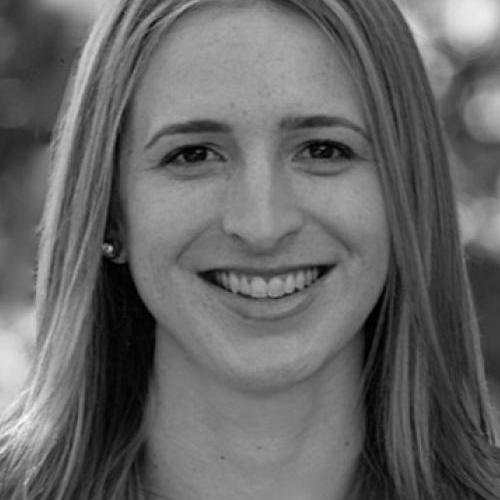
About
Paul Brimble is a PhD student in the Department of Economics at the University of Michigan. He was previously a research assistant in development economics at the the Blavatnik School of Government, University of Oxford where he worked at Digital Pathways at Oxford and the Mind and Behaviour Research Group (MBRG), Centre for the Study of African Economies (CSAE). Prior to this, he was an economic advisor on the ODI Fellowship Scheme at the Rwandan Ministry of Finance and Economic Planning where he worked at the Macroeconomic Policy Unit in the Office of the Government Chief Economist between 2017 and 2019. Paul completed an MPhil in Economics at the University of Oxford in 2017 and a BA in Economics at the University of Cambridge in 2015.
Contact
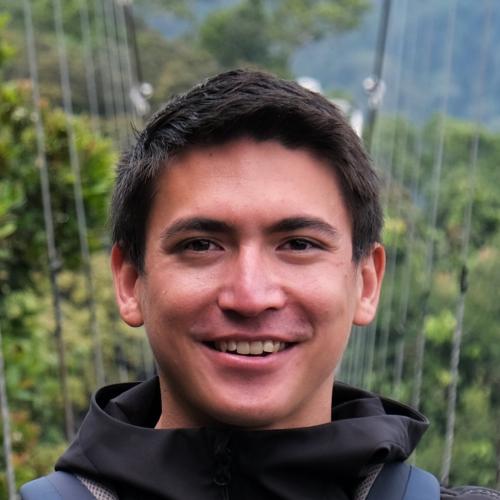
About
Anandi Mani is Professor of Behavioural Economics and Public Policy at the Blavatnik School of Government. Her research interests include development economics, with a specific focus on issues related to the behavioural economics of poverty and social exclusion, gender issues, and public good provision. Her recent projects include a study into whether poverty impedes cognitive function, distinguishing across the effects of different types of income shocks.
Contact
Email: anandi.mani@bsg.ox.ac.uk
Click here for personal website
